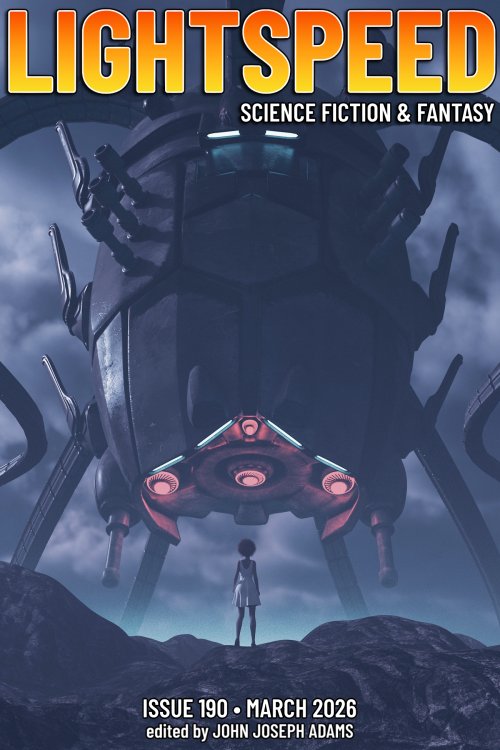Nonfiction
Media Review: 12 Monkeys and Mr. Robot
The real world may seem increasingly dystopian lately, but that doesn’t seem to have quenched our thirst for dystopian visions. Two current shows—one that reaches into the cinematic past, the other straight into the modern zeitgeist—are leveraging the science fictional furniture of dystopia to powerful, if decidedly different, effect.









